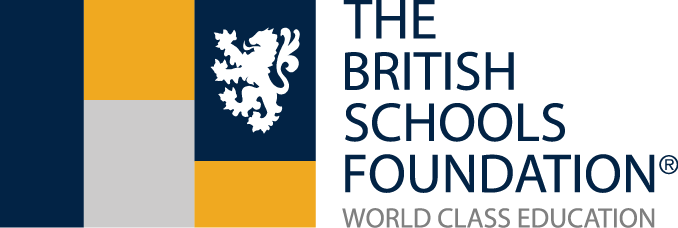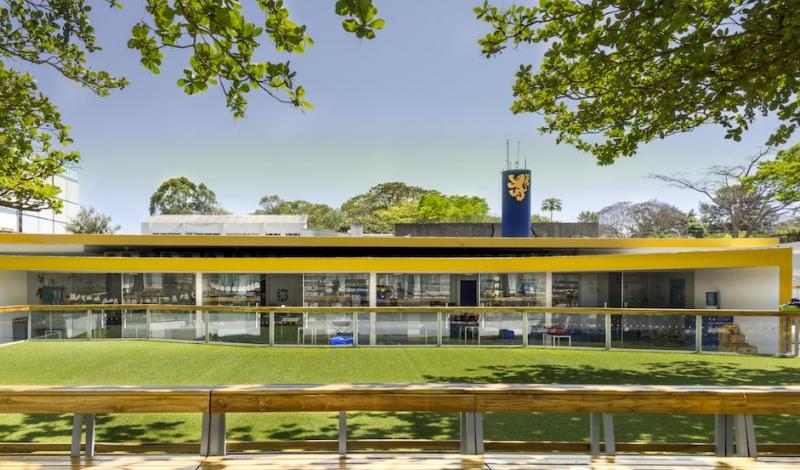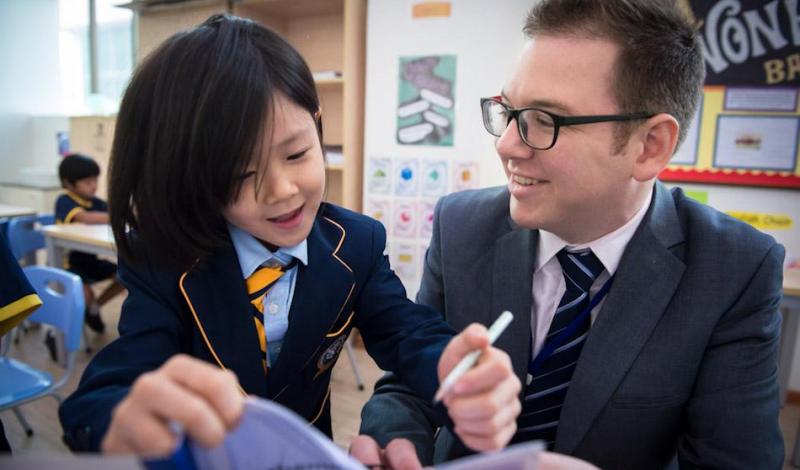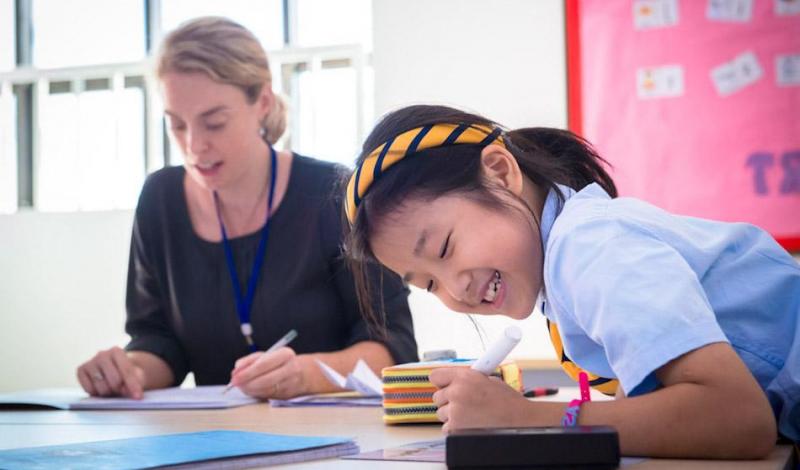Language
Students are expected to become proficient if not fluent in at least two languages. This strong focus on language serves intellectual, cultural and practical purposes.
Research has conclusively shown that speaking more than one language proficiently correlates strongly with higher academic achievement and deeper intellectual development in general. Children who grow up in a bilingual environment tend to display a similar pattern of academic achievement in which initially they lag behind but within four to five years go on to outperform their monolingual peers. Those who become proficient in more than one language also tend to acquire a deeper understanding of their mother tongue than those who are only fluent in one.
BSF specialises in providing English language schooling in non-English speaking countries. The home language is incorporated as a core part of the curriculum and in many cases leads to dual qualifications from the UK and the home country. Command of an additional language also serves to enhance cultural understanding and promote open-mindedness.
From a practical perspective, young people today and in the future will increasingly seek out professional opportunities and careers beyond their home country. Command of additional language will help to unlock those opportunities.
Taking a wider view, education involves the acquisition of language in a broader sense that includes not only spoken languages but also mathematics, music or computer code. Language serves us to understand and express ideas, instructions and emotions. A core aim of BSF schools is to expand students’ language capabilities in every sense, the better to understand things, develop and communicate their thoughts and go on to thrive in the world.




